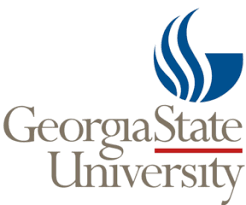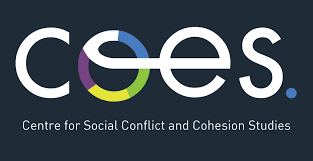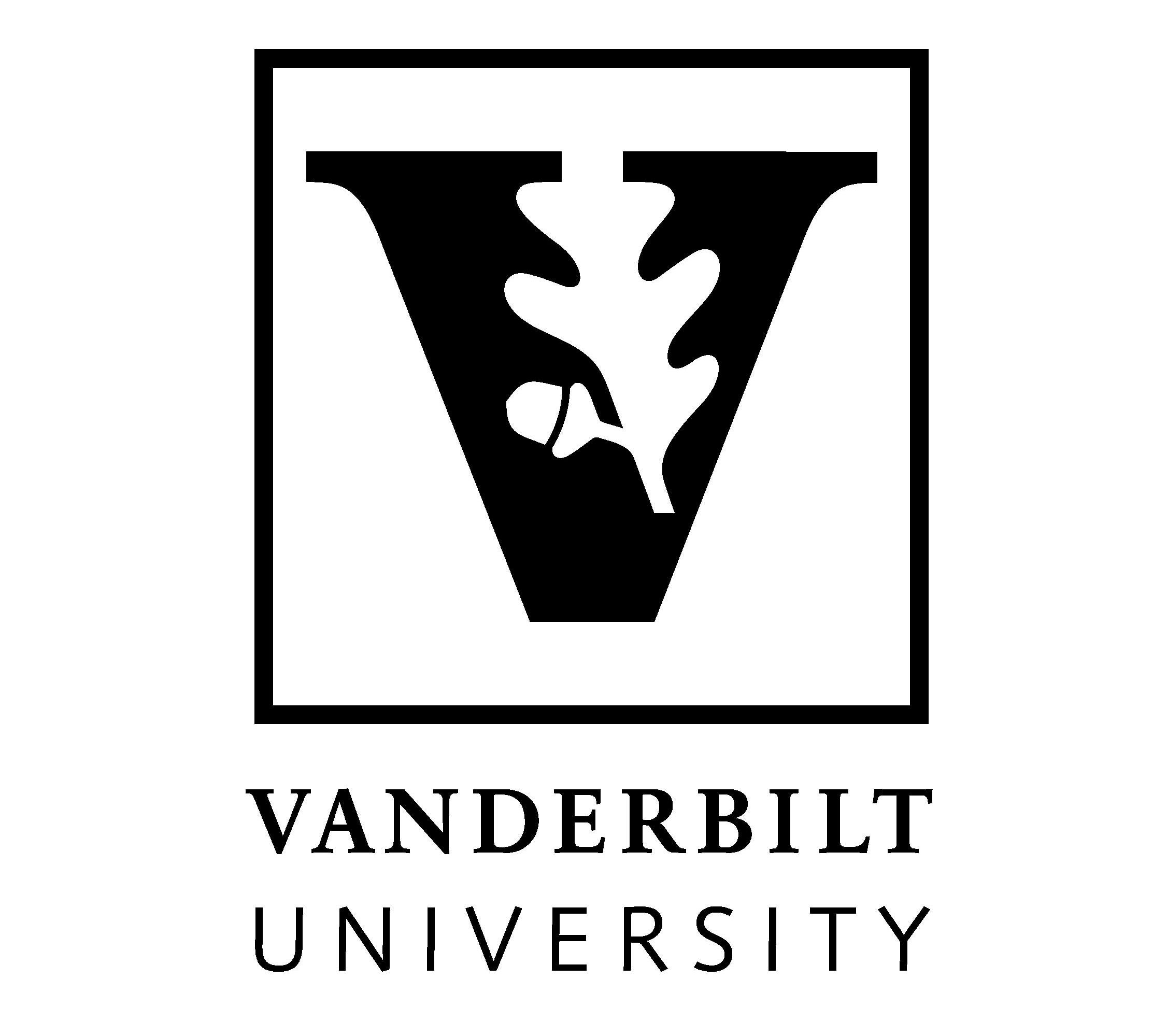This project is centred on the triangle of interactive relationships between citizens affective political and social polarization, citizens political distrust in the main institutions and actors of political representation, and the politics of party/elite competition, producing problematic dynamics and consequences for the quality, functioning, and even potential survival of liberal contemporary democracies. This study contains an innovative and comprehensive investigation of concepts such as political trust, affective polarization and the politics of party competition and the dynamics and interactions among them in Spain, Portugal, Italy and two Latin American countries (Chile and Argentina). For this goal we compiled new theoretical arguments building up from recent methodological innovations on this topic from leading research in the US, and putting together a team of country experts from different disciplines such as political science, public opinion, political psychology, survey methodology, political communication, data engineers and big data experts. An additional value of the present proposal is the use of a multi-method approach that combines the design and implementation of an original online panel survey with three different waves, with innovative survey questions together with the application of embedded experiments. Furthermore, we want to match the preceding individual-level data with information collected with a passive tracking application (a passive meter), which captures real individual behaviors and exposure to information received via mass electronic and social media. Finally, we use techniques of computer-aided text analysis (CATA), to conduct analysis of the sources of information to which respondents have been exposed.
This project has been funded by:
MINISTERIO DE CIENCIA E INNOVACIÓN, «Proyectos de I+D+i».
Título: "El Triángulo de polarización, confianza política y competencia política: Comprendiendo sus dinámicas en las democracias contemporánea".
CODIGO: PID2019-106867RB-I00 /AEI/10.13039/501100011033 (2020-2024).
MARIANO TORCAL (IP).
Duración: 01/06/2020-31/05/2024.
AYUDAS FUNDACIÓN BBVA A EQUIPOS DE INVESTIGACIÓN CIENTÍFICA EN ECONOMÍA Y SOCIEDAD DIGITAL 2019,
Título: "El triángulo de polarización, confianza política y comunicación política: comprendiendo sus dinámicas en las democracias contemporáneas. I
MARIANO TORCAL (IP).
Duración: 01/04/2020-31/03/2024.

Political Science Department, College of Liberal Arts, University of Mississippi.
Project Partnerships

Georgia State University Provost Faculty Fellowship and the Center for Human Rights and Democracy.
Title: “Polarization, Political Competition, and Interpersonal Trust”
Ryan E. Carlin (IP) (2020-2022)

Institution: Centre for Social Conflict and Cohesion Studies (COES)
PI: Matias Bargsted.
Fondo de Financiamiento de Centros de Investigación
en Áreas Prioritarias (Fondap) de la Agencia Nacional de Investigación y Desarrollo del Gobierno de Chile (Proyecto #15130009).

Vanderbilt University.
PI: Noam Lupu.




